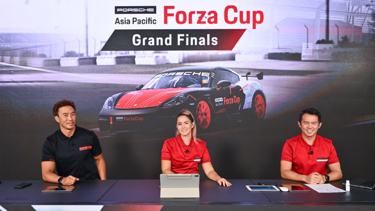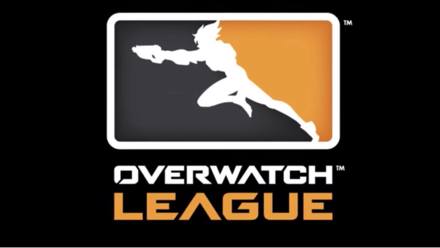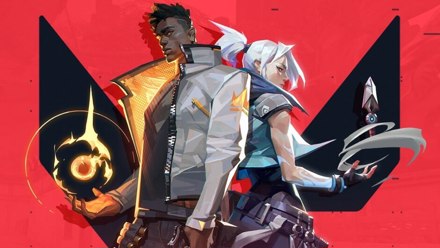The popularity of esports has exploded in recent years, with global market revenue expected to reach over $1.7bn by the end of 2021. German car manufacturer Porsche tapped into the booming market for competitive gaming by hosting the ‘Porsche Asia Pacific Forza Cup’, a Forza 7 tournament in 2020 which reportedly reached 24.7 million people, with 56,429 viewers tuning in to watch the Grand Finals live over multiple streaming platforms.
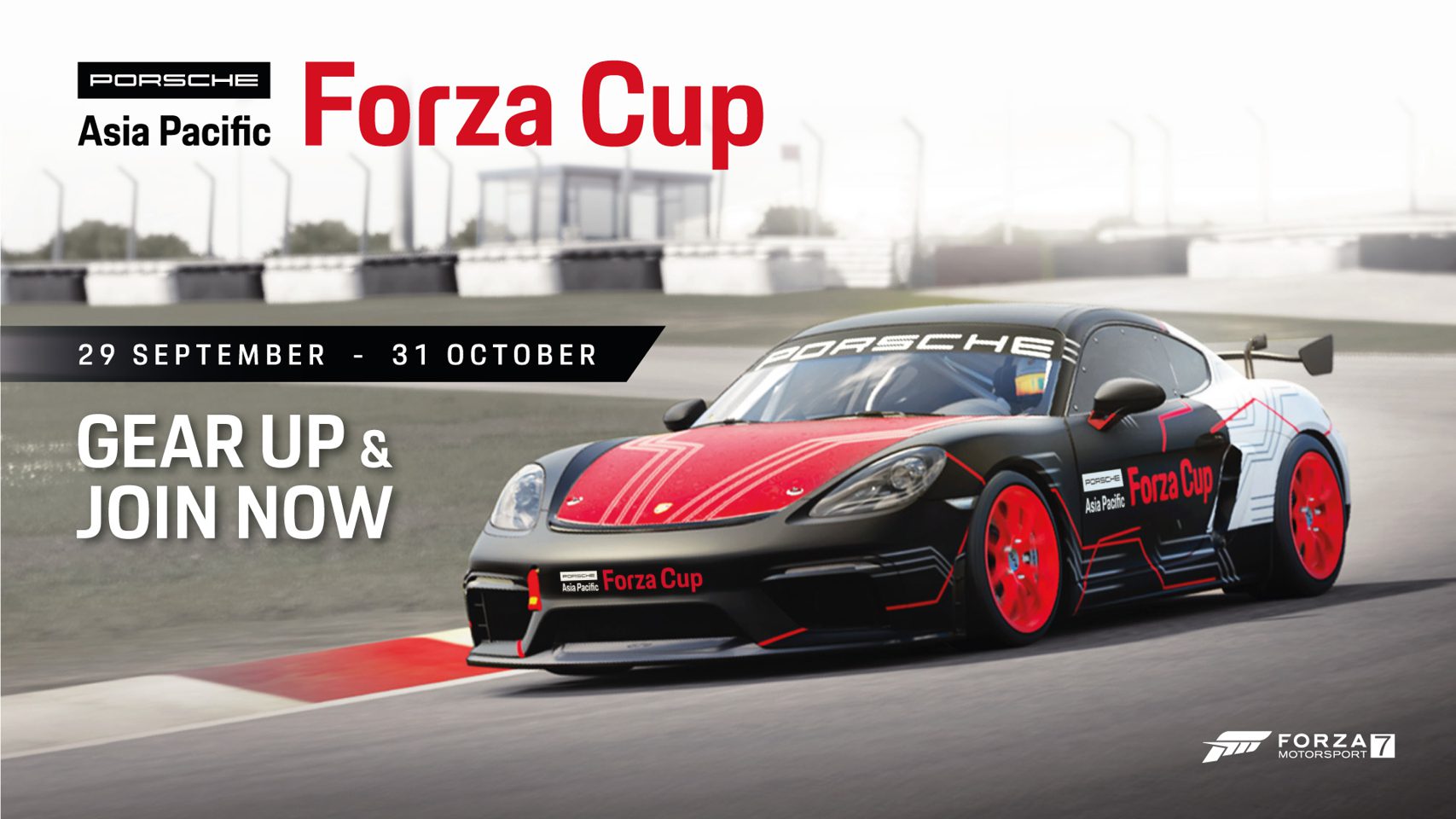
This partnership provided great value for both Porsche and Forza. In an interview with Gamer Matters, Porsche's Experiential Marketing Manager, Janine Dietzel stated that Porsche “believe that because racing games and esports connect the real and virtual worlds, they enable us to gain further access to the young target group. It means that they can develop a passion for Porsche even before buying their first sports car”.
And for Forza events like these, as well as putting their name in the public eye, help to garner important feedback from their player base. In the same interview with Gamer Matters, We Eckhart from Turn 10 Studios described how important the information their community provide off the back off these types of events to improve the overall player experience.
“The Forza community has been instrumental in helping us improve our online racing experience. We developed Forza Race Regulations in conjunction with our esports community to reduce track cutting and encourage clean laps. While we have seen positive results, there’s always room to improve the system – either through changing track cutting boundaries or layering in more complex collision detection systems. Progress has been great, and we will continually look for ways to improve.”
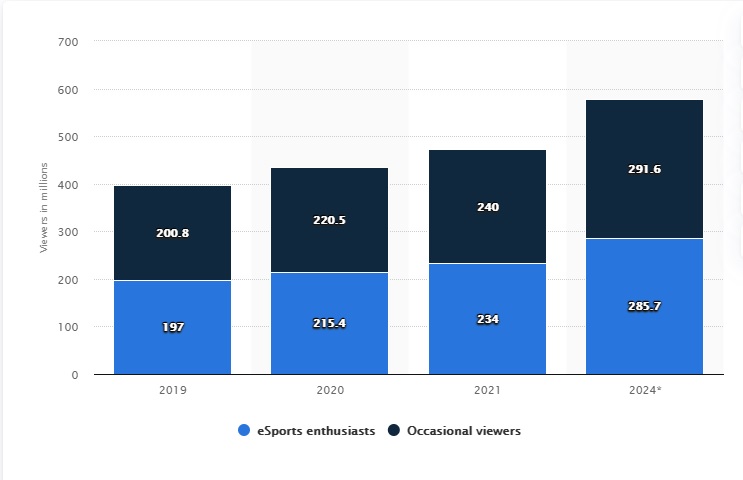
As the audience sizes for esports continue to experience immense growth, it is likely we will see even more non-tech industry brands adopt esports sponsorships and aligning themselves with major esports corporations.

